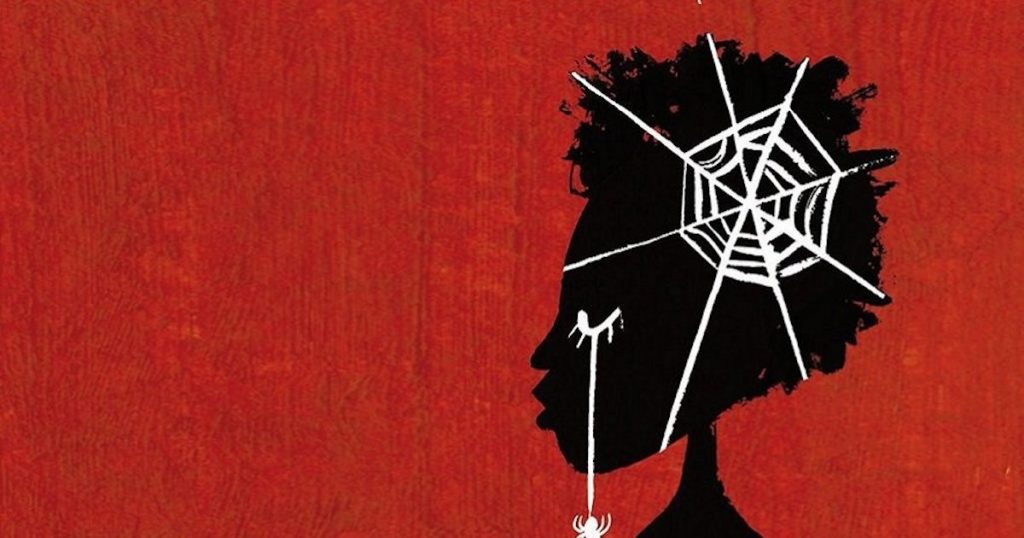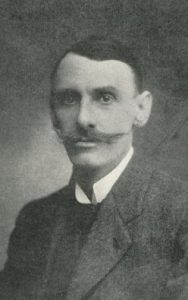
Among indigenous people the world over, it is common to find stories of animals that are heroes or villains, or otherwise stories associated with animals that connects to some lesson or wisdom commonly held by the people. This is true also among the indigenous peoples of the Americas, whose tribal histories are replete with fascinating stories of associations and interactions with animals. Sometimes these animals are found in natural settings, and other times they are connected to the spirit realm.
The Akan people of West Africa, much like other indigenous people in Africa and around the world, also have this tradition of imparting wisdom through simple stories that all members of the group can relate to. In the case of the Akan, the stories center round many animals, however one in particular, the spider, has gained repute even beyond the borders of West Africa. I speak here of Kwaku Anansi, the spider character associated with knowledge, wisdom and also with tricks. Anansi, as he is popularly called, is a household name among Akan people the world over. In one respect, which is that of being a trickster, Anansi is similar to the Native American spider trickster of the Lakota (Sioux) people, known as iktomi, and by various other names. In another respect, in reference to matrilineal bands of Native Americans, Anansi is similar to Spider-Woman of the Hopi, the Kiowa, the Laguna Pueblo, the Navajo and others.
If we want to go really deep, I would say that the first Spider-woman (who is known in the Hopi tradition as Kùkiangu ‘uhti) was represented by Enki’s mother (i.e., Nammu), and Anansi the spider represents Enki and his seven sage companions, the Abgal/Apkallu (also known as ‘Nommo’ by the Dogon people of Mali), guardian beings associated with the Sirius star system who have walked among humanity for ages, and who have helped humans gain knowledge, and wisdom over the ages, as I argue in my book The Guardians, Earth Humans, and Ascension.
Below is one story that most Akan children and adults alike are aware of. It is a story about how Anansi tried to collect and to hoard all the wisdom of the world, only to fail miserably. In this story, there are lessons that involve greed, hubris/self-importance, futility, realization and ultimately, wisdom. The two language versions below are taken from Rattray’s 1930 book Akan-Ashanti Folk-Tales.
Akan Original
SE ‘YOYE A NYANSA BA OMANM’
Yese Kwaku Ananse na owo ho, na oprapraa nyansa nnyina boaa
‘no na ode guu toam’. Ose ode foro dua ako sen so, na nyansa nnyina
asa asase so. Na omaa so se ode koro, na oko duruu dua a, ode eko
sen so, ase, na ode homa sa toa no so, na ode yaneye, na toa no bedii n’anim’,
na ode kaa dua no se oforo. Oforo, foro, foro a, twon!
Na ode aka no bio, nso oforo, foro, foro, twon! Na ne
ba, Ntikuma, gyina ho a, ose, “E! w’ani awu, nkra
wo danee toa no too w’akyi a, nkra watimi afo’.”
Ose, “So ho ne wo mpan’insem.” Na wasan aforo
bio sara, nsoso pasa! Afei na ofwe ha, na ode toa no
too n’akyi. Afeidie ode kaa no, kra! kra! kra! ona
okoro no. Oduruu dua no nkon, ose, “Kwaku
Ananse mawu Afio, me ‘ba, kete, kete, kete, me, me
wo ho yi, maboaboa nyansa nnyina ano, na se ebi
aka na me ara manhu, na me ‘ba, totofefewa, na
wakyere me!”
Na osoo toa no mu, na tintini! na
atoo toa no twene, na tesee!
English translation
HOW IT CAME ABOUT THAT WISDOM CAME AMONG THE TRIBE
THEY say that Kwaku, the Spider, was there, and that he swept up all
knowledge, gathered it together in one spot, and placed it in a gourd
pot. He then declared that he would climb a tree and go and hang it
on it, so that all wisdom on earth would be finished.
So he took it up to go with it, and when he reached beneath the tree where he
was going to hang it, he took a string, and tied it to the gourd, and hung it in
front of him, and he set himself to climb the tree. He climbed, and climbed, and
climbed; in vain. He strove again, again he made to climb, and climb, and climb;
in vain.
Now, his son, Ntikuma, who was standing by, said, ” Oh, your eyes have surely
died (for shame), would it not have been better if you had turned round the
gourd and put it on your back, then doubtless you would have been able to
climb? ” He (the Spider) said, “Clear out, you and your old-fashioned sayings.”
Then he turned to climb once more as before, but once again, fruitlessly. Then
he considered long, and (finally) took the gourd and put it behind him. Then he
set himself to climb, and mounted swiftly, Kra! kra! kra! (was the sound of his
climbing); there he goes. He reached where the branches began to spread out
from the stem, and he said (to himself), ” I, Kwaku Ananse, by the lesser god,
Afio! I might as well be dead, my child who is so small, so small, so small
there was I, I collected all wisdom (so I thought) in one place, yet some remained
which even I did not perceive, and lo! my child, this still-sucking infant, has
shown it me.” Then he seized that gourd, and there was a sound of rending,
tintini! and he cast it away, and there was a sound of scattering, tesee!
Related blog posts
Maasai, Caananites and the Inca connection — Philip Ochieng
The Thunder Cats and the feline beings (the Jha) of Sirius
Article themes: Dogon, Guardians, Indigenous wisdom



